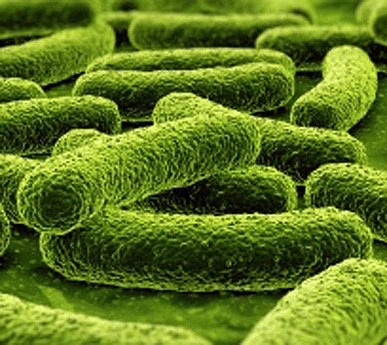York-led project puts communities at heart of clean water solutions
More than 1.5 million children under five years old are estimated to die each year from diarrhoeal diseases caused by unsafe drinking water and poor sanitation.


But providing clean, safe water to remote communities in the developing world remains a challenge as there is often not the infrastructure in place to deliver it.
To reduce rates of diarrhoeal disease in remote communities, researchers at York University are developing monitoring technologies to allow local people to test the quality of their water supplies.
At any one time, approximately 1.8 billion people worldwide are accessing contaminated water, according to project leader Dr Steven Johnson.
“If we build a centre that the community could use, which would allow them to test the quality of their water, they could then decide whether to drink that water [as it is], access water from a different source, or to treat the water,” said Johnson.
The researchers are working with Oxfam and communities in Vanuatu, a collection of 80 islands in the South Pacific, which is known as the most disaster-prone country in the world. Following Tropical Cyclone Pam in March 2015, for example, half of the population went without clean drinking water for one month after two thirds of water and sanitation infrastructure was destroyed.
Register now to continue reading
Thanks for visiting The Engineer. You’ve now reached your monthly limit of news stories. Register for free to unlock unlimited access to all of our news coverage, as well as premium content including opinion, in-depth features and special reports.
Benefits of registering
-
In-depth insights and coverage of key emerging trends
-
Unrestricted access to special reports throughout the year
-
Daily technology news delivered straight to your inbox










Renewables Surge But Emissions Continue To Creep Up
"While power systems in many countries are on the cusp of – and in some cases have reached – decarbonisation" Only countries with good...